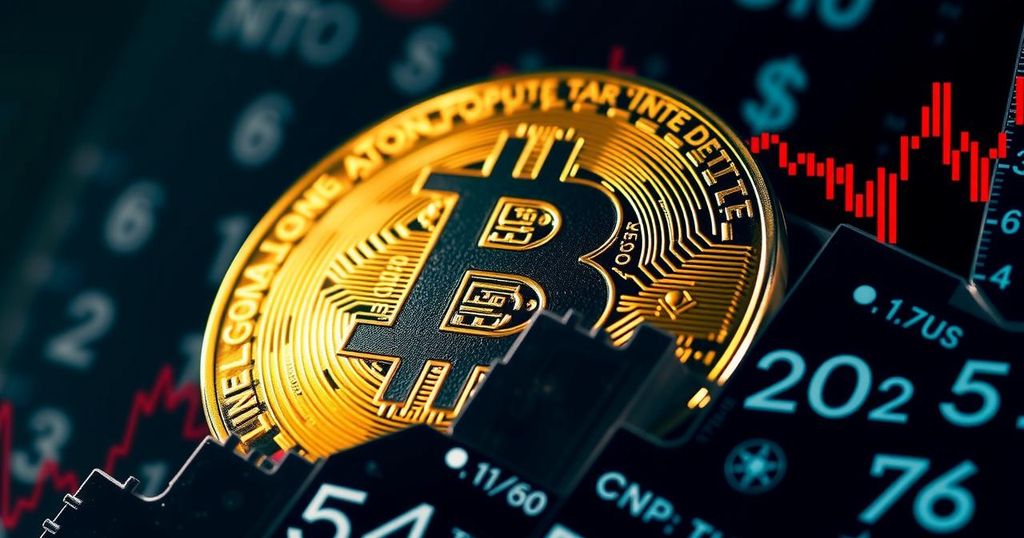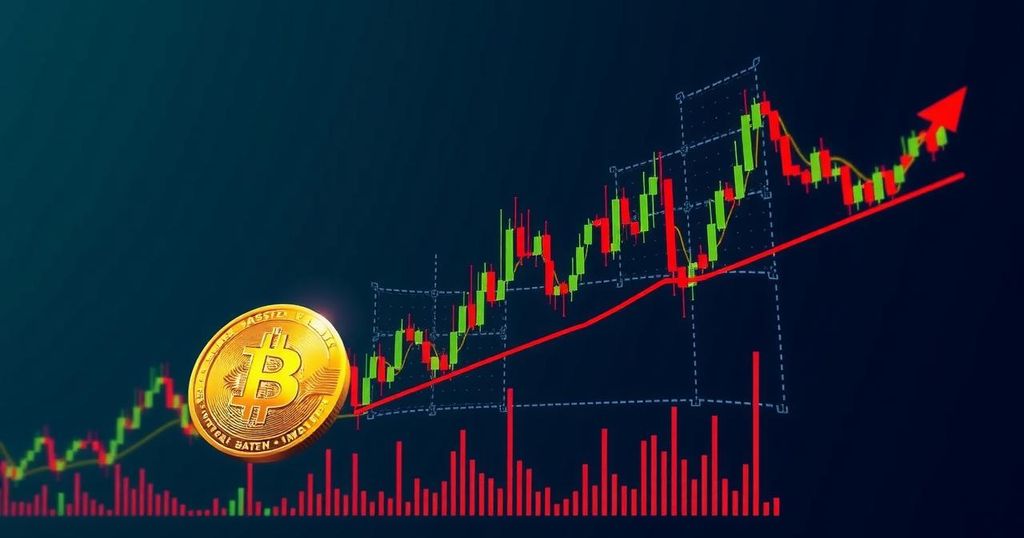Rising Outrage: The XRP Boycott Driven by Political Donations
A recent XRP boycott led by crypto investors is focused on founder Chris Larsen’s political donations to Kamala Harris, rather than the token’s price. Larsen’s $10M contribution has raised concerns within the community regarding regulatory stances. Ripple’s CEO Brad Garlinghouse asserts the right to support political candidates, emphasizing the need for pro-crypto policies across party lines. Market sentiment remains conflicted as XRP’s price struggles persist amidst ongoing legal challenges.
Recently, a growing number of individuals within the cryptocurrency community have begun advocating for a boycott of XRP, a movement that appears to be entirely independent of the token’s current price performance. This outcry is primarily rooted in the controversial political decisions made by XRP’s founder, Chris Larsen, which have not resonated well with numerous community members. With the upcoming U.S. elections just around the corner, the identity of the next president could significantly influence the future landscape of the cryptocurrency industry, further fueling the motivations behind this boycott. The catalyst for this boycott emerged when Chris Larsen made a substantial donation of $10 million worth of XRP to support Kamala Harris’s election campaign. This followed an earlier contribution of $1 million, culminating in a total of approximately $11.8 million in donations from Larsen to the campaign. Many members of the cryptocurrency community voiced their objections to this action, expressing concerns regarding Harris’s regulatory stance and her perceived lack of support for the crypto industry, especially in contrast to former President Donald Trump, who many believe is more favorable toward cryptocurrency. Prominent figures in the crypto space, including Mike Alfred, have articulated their dissatisfaction, with Alfred suggesting that there is “no justification for holding XRP anymore.” Such sentiments reflect a broader trend among certain investors who have adopted the XRP boycott hashtag on social media platforms. Moreover, Bill Morgan has characterized Larsen’s actions as potentially leading to the “death of XRP”, indicating that the founder’s support for Harris’s campaign is misguided. Others have gone so far as to accuse him of encouraging support for what they term “Marxist politicians.” The intensity of the community’s reaction to Larsen’s political support was notably unexpected, prompting Ripple’s CEO, Brad Garlinghouse, to address the controversy publicly. He remarked on the importance of individual rights to political preference while stressing the need for a shift away from the current administration’s “misguided war on crypto”. Garlinghouse assured the community that Ripple would actively engage with both major political parties to advocate for pro-crypto policies moving forward. In terms of XRP’s market standing, it remains within the top echelons of the cryptocurrency market, ranking seventh with a market capitalization estimated at $29.61 billion. However, the XRP token has faced ongoing challenges, with a prolonged period of subpar performance and an ongoing legal dispute with the SEC hampering its growth. Currently, the token trades around $0.52, significantly down from its historical peak of $3.84 seven years ago. Although some analysts predict potential future surges in value, the current political controversy surrounding Chris Larsen’s donations has led to fears that they could adversely impact the token’s price trajectory and the broader crypto market. While public sentiment regarding XRP’s future remains mixed, many have expressed disillusionment with the token as the community grapples with the ramifications of partnerships and political affiliations. Nonetheless, various analysts maintain that the outcome of the election is unlikely to have a substantial effect on the cryptocurrency market as a whole. Furthermore, it is vital to note that the recent donations by Chris Larsen are personal decisions and do not necessarily reflect the views or the operational stance of Ripple as an organization.
The cryptocurrency industry is often intersected with political landscapes, particularly concerning regulations that influence market dynamics. The increasing tensions surrounding cryptocurrency regulations in the United States, particularly with pending elections, have resulted in heightened scrutiny over political affiliations and actions within the crypto community. Chris Larsen, as a key figure in the development of XRP, has significant influence over both the token’s community and its market performance. His recent political donations have illuminated the potential risks associated with aligning cryptocurrency leaders with candidates who may foster regulatory environments deemed unfavorable by the community. The discontent expressed towards Larsen has prompted broader conversations about the future direction of XRP and its acceptance among investors.
The ongoing backlash against XRP, primarily stemming from its founder Chris Larsen’s political donations, has ignited a significant movement among cryptocurrency investors advocating for a boycott. While the price performance of XRP remains a critical topic of discussion, the community’s outrage appears to be more deeply rooted in political alignment than mere market fluctuations. The response from Ripple’s leadership underscores the complex relationship between political preferences and community perceptions within the cryptocurrency landscape, setting the stage for ongoing debates as the election unfolds and its potential implications for the future of crypto regulations.
Original Source: coingape.com





Post Comment